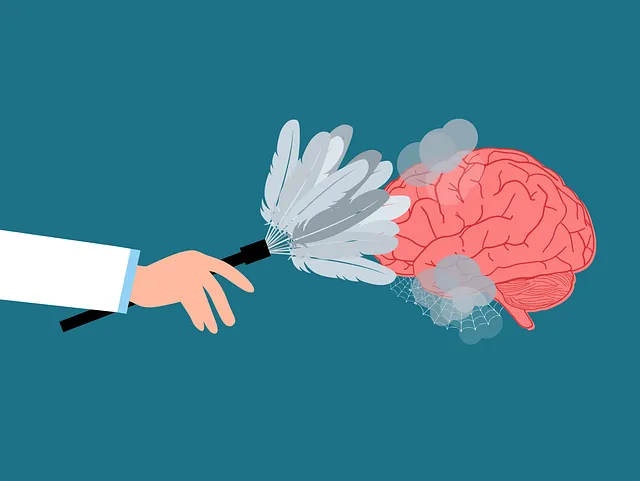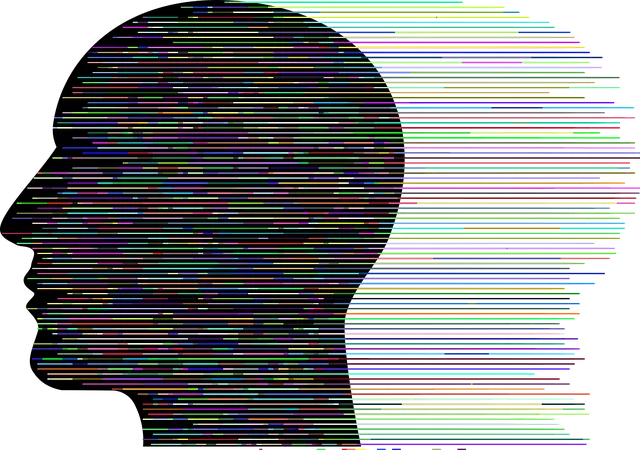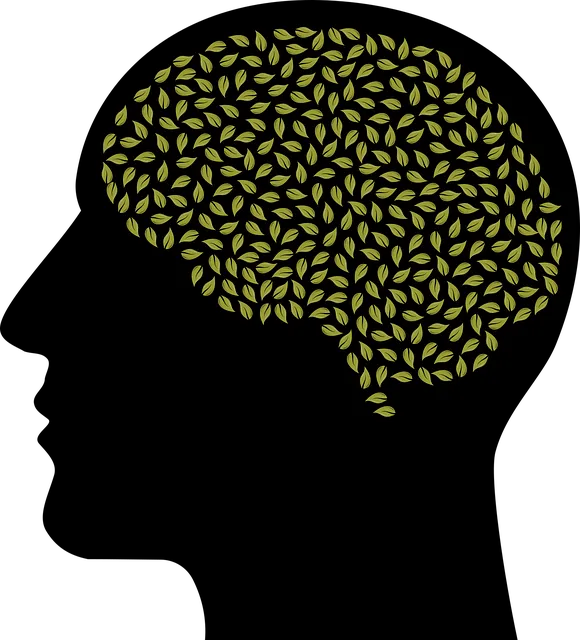Mental health diagnosis accuracy is a critical issue addressed by organizations like Kaiser Permanente in Westminster through comprehensive strategies. Overlapping symptoms of mental disorders lead to misdiagnoses, such as burnout mistaken for depression or anxiety. To improve rates, essential steps include advanced training for healthcare professionals, enhanced communication techniques, public awareness campaigns, and preventing practitioner burnout.
Westminster's Kaiser offers a holistic mental health care model with psychological assessments, therapy, and medication management integrated under one roof. Their focus on Mental Health Awareness emphasizes early intervention and precise diagnoses using multidisciplinary teams. By combining advanced tools with empathetic care, Kaiser aims to revolutionize mental healthcare, providing accessible, life-changing support.
Innovative techniques like data analytics, evidence-based practices, conflict resolution in therapy, and self-care routine development are employed to tackle complex symptoms and co-occurring disorders. Digital tools enhance diagnosis through AI-assisted analysis and enable remote sessions, increasing access to trauma support services.
Staff training and education are crucial for improving diagnosis accuracy, preventing burnout, reducing stigma, and developing coping skills among healthcare professionals. These strategic investments align with global trends in holistic care, enhancing patient outcomes and addressing diverse mental health conditions within Kaiser's services in Westminster.
Mental illness diagnosis accuracy is a critical area of focus in healthcare, with significant implications for patient outcomes. This article explores efforts to enhance diagnostic reliability, examining innovative strategies from leading providers like Kaiser and Westminster. We delve into their comprehensive mental health care models, the integration of technology for improved assessment and monitoring, and ongoing training initiatives aimed at empowering professionals. By understanding these approaches, we can work towards more precise diagnoses, better treatment plans, and ultimately, improved patient well-being. Specifically, this piece highlights how both Kaiser and Westminster are making strides in mental health services.
- Understanding the Challenge: Uncovering Misdiagnoses in Mental Health
- Kaiser's Approach: A Comprehensive Mental Health Care Model
- Westminster's Focus: Enhancing Diagnosis Accuracy Through Innovative Strategies
- Integrating Technology: Digital Tools for Improved Assessment and Monitoring
- Training and Education: Empowering Professionals for Better Diagnosis
Understanding the Challenge: Uncovering Misdiagnoses in Mental Health

Mental health diagnosis accuracy is a complex challenge that demands our attention. Many individuals struggle with undiagnosed or misdiagnosed mental illnesses, which can lead to prolonged suffering and ineffective treatment plans. This issue is particularly significant when considering the extent of mental health concerns in today’s society, as highlighted by organizations like Kaiser Permanente, which offers mental health services at its various facilities, including those in Westminster.
Misdiagnoses often occur due to the intricate nature of mental disorders, which can present with varying symptoms and overlap with other conditions. For instance, burnout, a growing concern in healthcare settings, can mirror depression or anxiety. To address this, efforts should focus on enhancing diagnosis accuracy through comprehensive training for healthcare professionals, integrating conflict resolution techniques to improve communication between patients and doctors, and fostering public awareness campaigns that educate people about mental health. Additionally, preventing burnout among mental health practitioners is crucial as it ensures they remain equipped to provide optimal care and accurately identify diverse mental health conditions.
Kaiser's Approach: A Comprehensive Mental Health Care Model

Westminster’s Kaiser has developed a comprehensive mental health care model that significantly enhances diagnosis accuracy and patient outcomes. This approach integrates diverse services, including psychological assessments, therapy sessions, and medication management, under one roof. By offering a holistic perspective on mental health, Kaiser addresses not only symptoms but also underlying causes, fostering better self-care routine development for improved mental health in their patients.
This model prioritizes Mental Health Awareness, emphasizing the importance of early intervention and precise diagnosis. Through a multidisciplinary team of experts, Kaiser ensures effective mood management strategies tailored to individual needs. By combining advanced assessment tools with empathetic care, they strive to revolutionize mental healthcare, making it accessible and life-changing for all who seek support in Westminster.
Westminster's Focus: Enhancing Diagnosis Accuracy Through Innovative Strategies

Westminster’s approach to improving mental illness diagnosis accuracy is a multifaceted strategy aimed at enhancing patient care and outcomes. They prioritize innovative techniques, such as incorporating advanced data analytics and evidence-based practices, to ensure more precise assessments. By doing so, Westminster seeks to address the challenges often associated with mental health diagnoses, including the complex interplay of symptoms and co-occurring disorders.
One notable effort involves integrating conflict resolution techniques into therapeutic modalities, fostering a supportive environment for individuals navigating their mental health journeys. Additionally, they promote Self-Care Routine Development for Better Mental Health as a proactive measure to empower patients. Through initiatives focused on Mental Health Awareness, Westminster aims to destigmatize these discussions and encourage early intervention, ultimately leading to more accurate diagnoses and improved treatment efficacy.
Integrating Technology: Digital Tools for Improved Assessment and Monitoring

Integrating technology offers a promising avenue to enhance mental health diagnosis and care, particularly at institutions like Kaiser, which provides mental health services in Westminster. Digital tools are transforming assessment methods, allowing for more comprehensive and accurate evaluations. Online platforms equipped with artificial intelligence can assist professionals in analyzing patient data, identifying patterns, and providing early interventions. These tools can also facilitate regular monitoring of symptoms, offering continuous support to individuals managing conditions like trauma-related disorders.
By harnessing technology, mental health services can improve access to care, especially for those seeking Trauma Support Services. Digital platforms enable remote sessions, boosting confidence and encouraging those who might otherwise avoid traditional therapy. This approach not only promotes Inner Strength Development but also ensures a more inclusive and accessible healthcare system, catering to diverse patient needs in the digital age.
Training and Education: Empowering Professionals for Better Diagnosis

The accuracy of mental illness diagnoses is significantly influenced by the training and education of healthcare professionals. To enhance diagnosis, Westminster and Kaiser should prioritize empowering their staff with comprehensive programs that address burnout prevention, mental illness stigma reduction efforts, and coping skills development. Regular workshops, advanced certifications, and continuous learning opportunities can equip practitioners with the latest research, diagnostic tools, and cultural sensitivity needed to accurately identify diverse mental health conditions.
By investing in these initiatives, Westminster and Kaiser can ensure their professionals are well-prepared to navigate complex patient presentations, consider comorbidities, and recognize subtle symptoms, thereby improving diagnosis accuracy and patient outcomes. This strategic approach aligns with the global trend of integrating holistic care models that address not just the illness but also the individual’s overall well-being.
In the pursuit of enhancing mental illness diagnosis accuracy, organizations like Kaiser and Westminster are leading the way with innovative strategies. By integrating technology, such as digital assessment tools, and prioritizing comprehensive training for professionals, these approaches aim to reduce misdiagnoses. Both Kaiser’s holistic mental health care model and Westminster’s focus on advanced diagnostic techniques demonstrate that improved accuracy can be achieved through a combination of cutting-edge methods and specialized education. As these efforts continue to evolve, the mental health services offered by institutions like Kaiser and Westminster hold great promise in ensuring more effective and timely support for individuals navigating mental illness.






